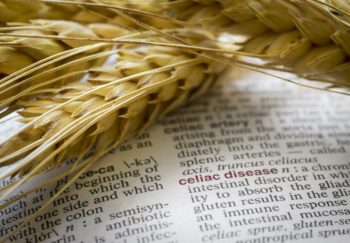
For the 1 out of 100 people in the world with celiac disease, a gluten-free diet is not a choice. It’s a requirement to stay healthy and prevent side effects.
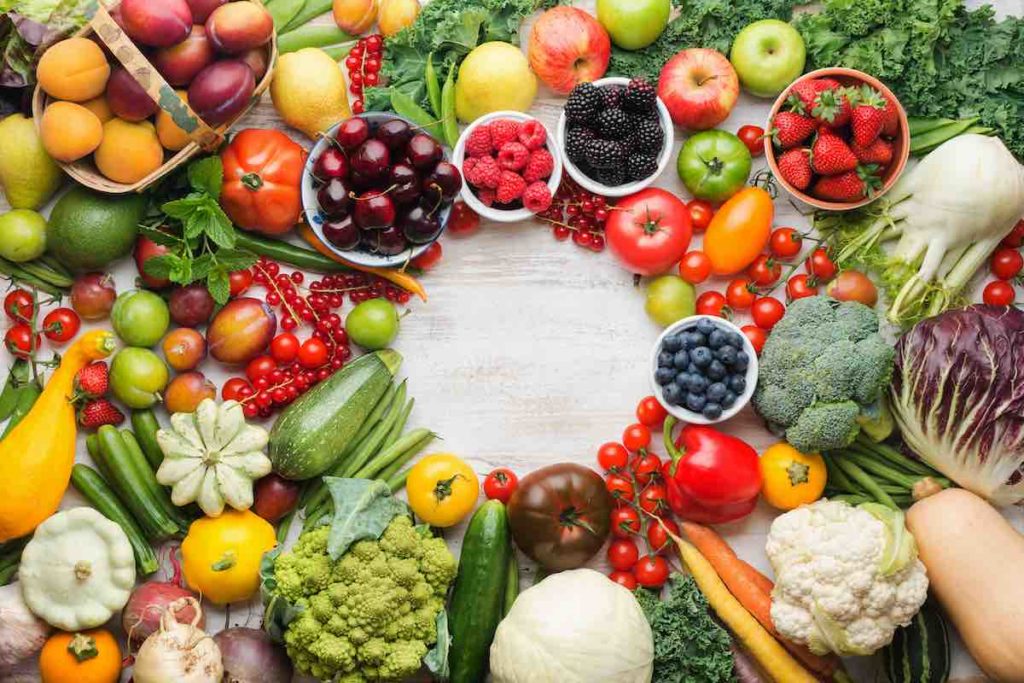
It happens to most of us, at one point or another. You decide to change what you eat. Maybe it’s just a health concern. Or you want to lose weight. Whatever the reason, you start scrolling on your phone for the best diet plans, and you end up lost, confused, and oddly very hungry.
The advice you find on what to eat often conflicts. Should you eat like a caveman? Avoid meat? Does salt matter? What if you have a gluten allergy or cancer, diabetes or a heart condition?
As UVA Health registered dietitian Katherine Basbaum says: “Keep in mind that just because a diet is popular doesn’t mean it’s good for you.” So how do you know what the best diet plan is for you?
Visit the Charlottesville-area Nutritional Counseling Center.
The best diet plans are those that rely on research and science. But what you eat depends on you as an individual. Your body type, your activity levels, and your genes all play a part in your metabolism. Chronic conditions like irritable bowel syndrome, diabetes, heart disease, and cancer may limit your options.
We can’t tell you what you should eat. But we can give you facts from our experts to help you discover what works for you.
These articles address the pros and cons of many of the main fad diets and trends you’ve heard about. We also address specific ways nutrition and healthy eating can support your weight goals or medical concerns.

For the 1 out of 100 people in the world with celiac disease, a gluten-free diet is not a choice. It’s a requirement to stay healthy and prevent side effects.
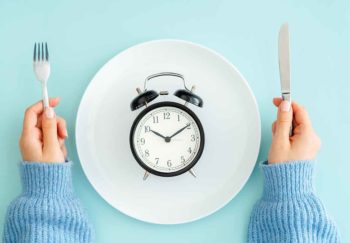
Intermittent fasting isn't a new idea -- it's how our ancestors ate. But this way of eating isn't for everyone. Jennifer Kirby, MD-PhD, explains how it works and who can benefit from it.
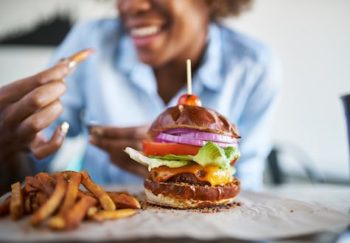
One major risk factor for heart disease is high cholesterol. Can you determine what’s good and what’s bad when it comes to your dietary cholesterol?
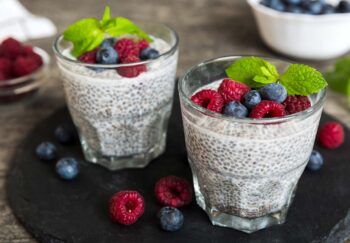
Probiotic supplements have become part of a daily routine for many because of the purported benefits, which range from improved digestion to disease prevention and weight loss. But are they truly necessary for a healthy gut?

You might think artificial sweeteners are healthier alternatives. However, studies have linked them to serious health problems like dementia, type 2 diabetes and now, stroke.

Just because a diet is popular doesn't mean it's good for you. Before you jump on the bandwagon, get the pros and cons of some of the diets trending today.
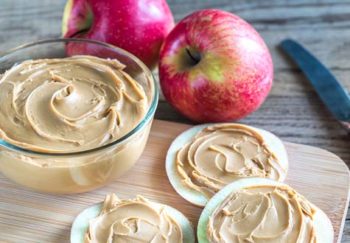
Protein shakes, powders and snack bars are big business, but how much protein do we really need in our diets?

Is the ketogenic diet safe? Hear from UVA registered dietician Diana Gulotta and learn why she only recommends the diet for those under medical supervision.
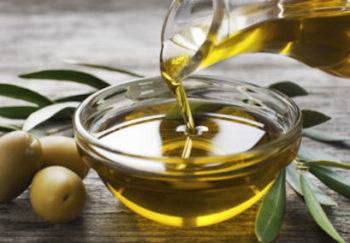
You’ve likely gotten the message loud and clear: olive oil is the go-to pick in the kitchen over animal fats like butter. But with so many to choose from, how do you know which olive oil is best? We asked registered dietitian Katherine Basbaum to give us the lowdown. Why…
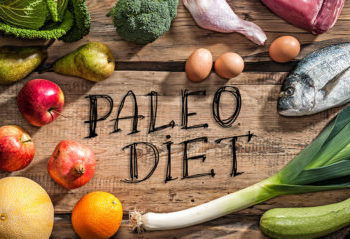
The Paleo Diet™ is called the “caveman diet” for a reason. It’s based on the premise that the best foods for us are those that our ancestors ate. That is, no processed foods, dairy or refined sugars. Instead, Paleo followers opt for fresh fruits, vegetables and meat. In a recent…
Get stories & health tips every week